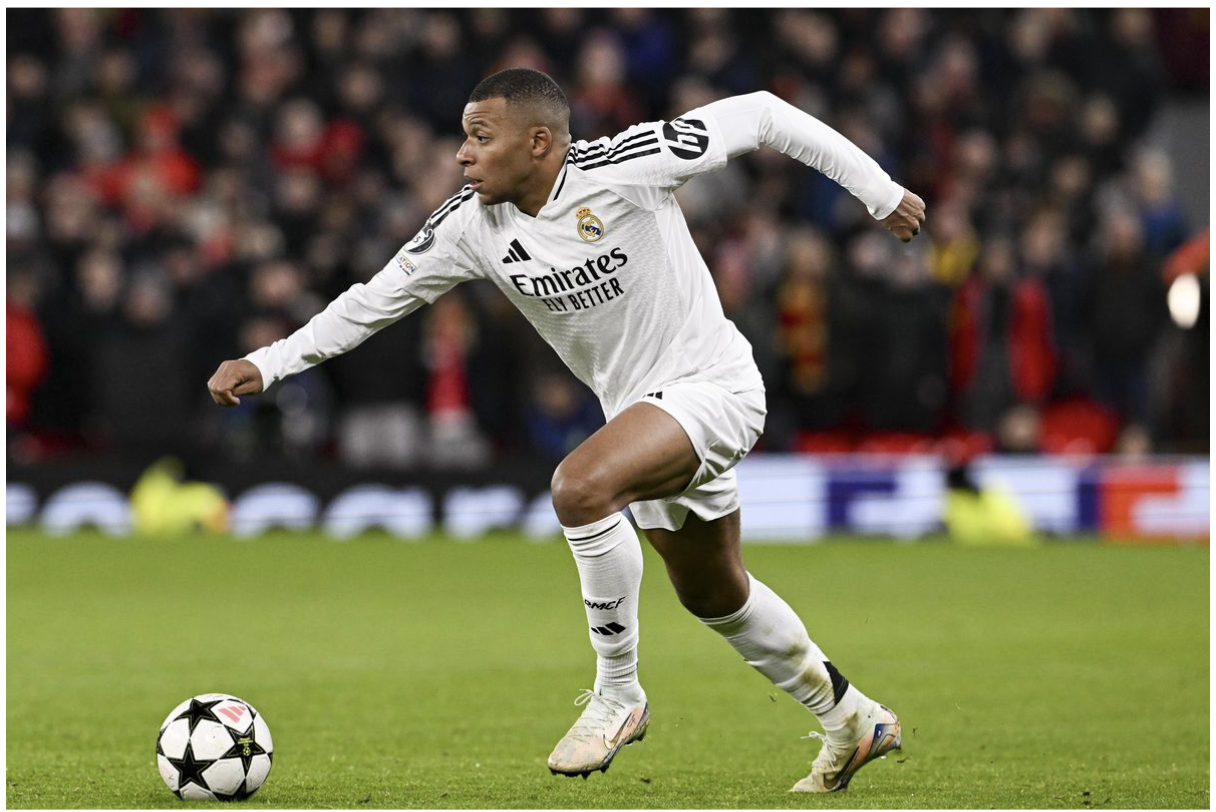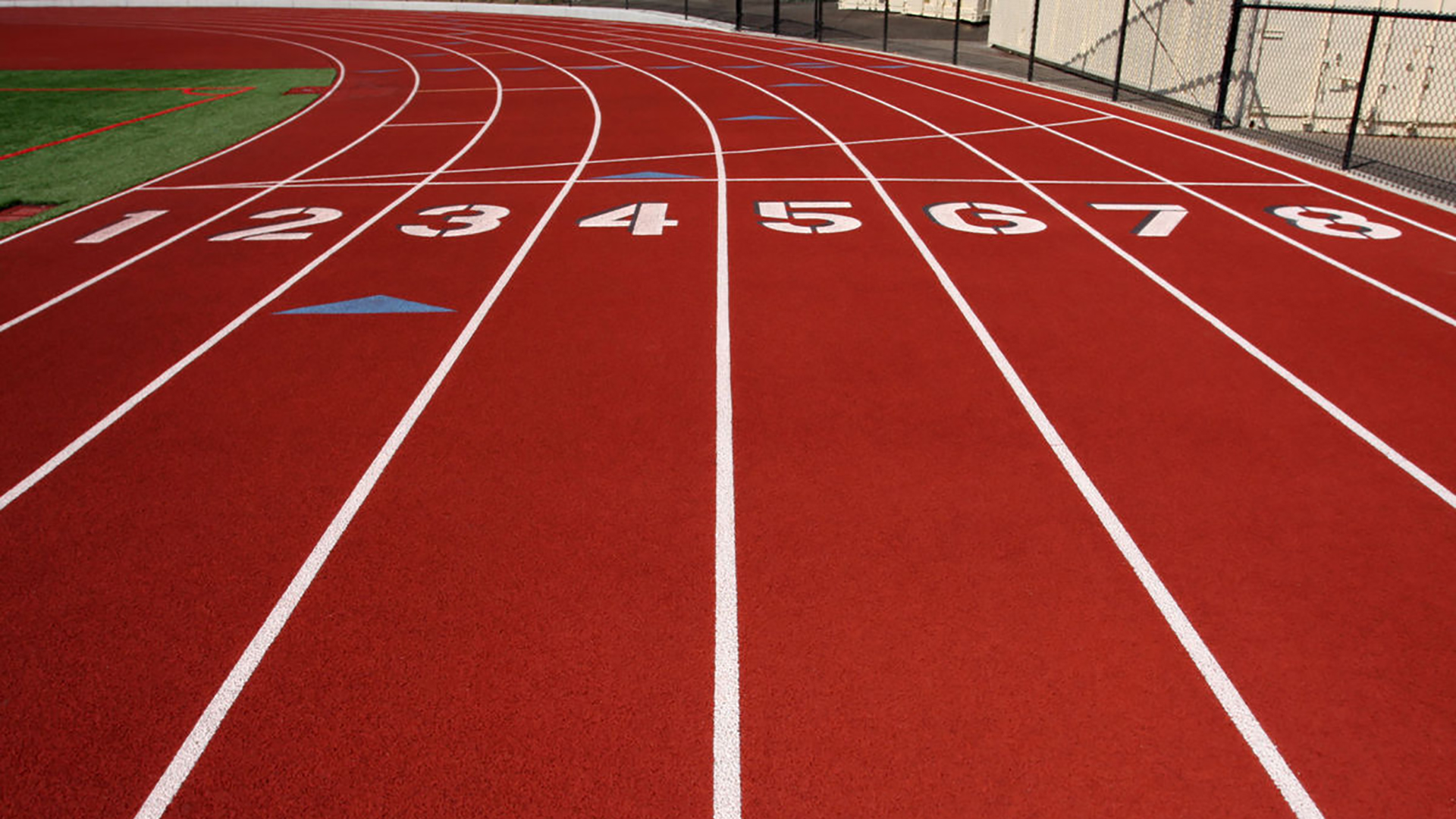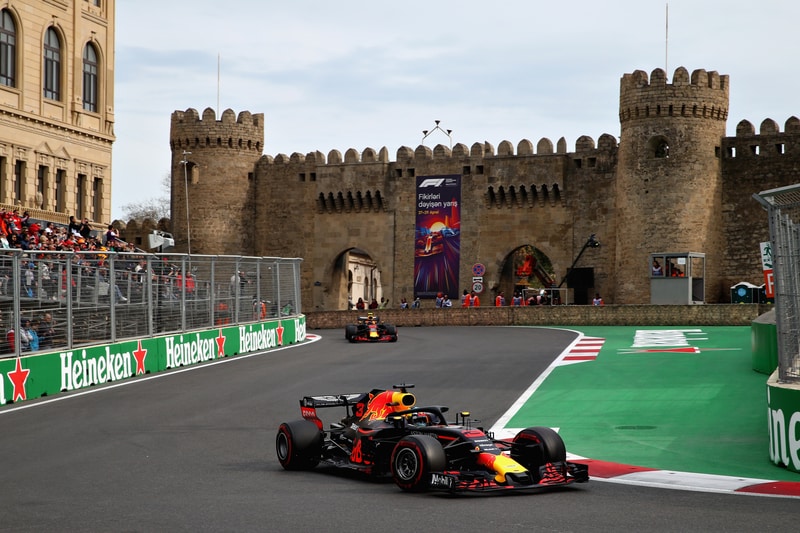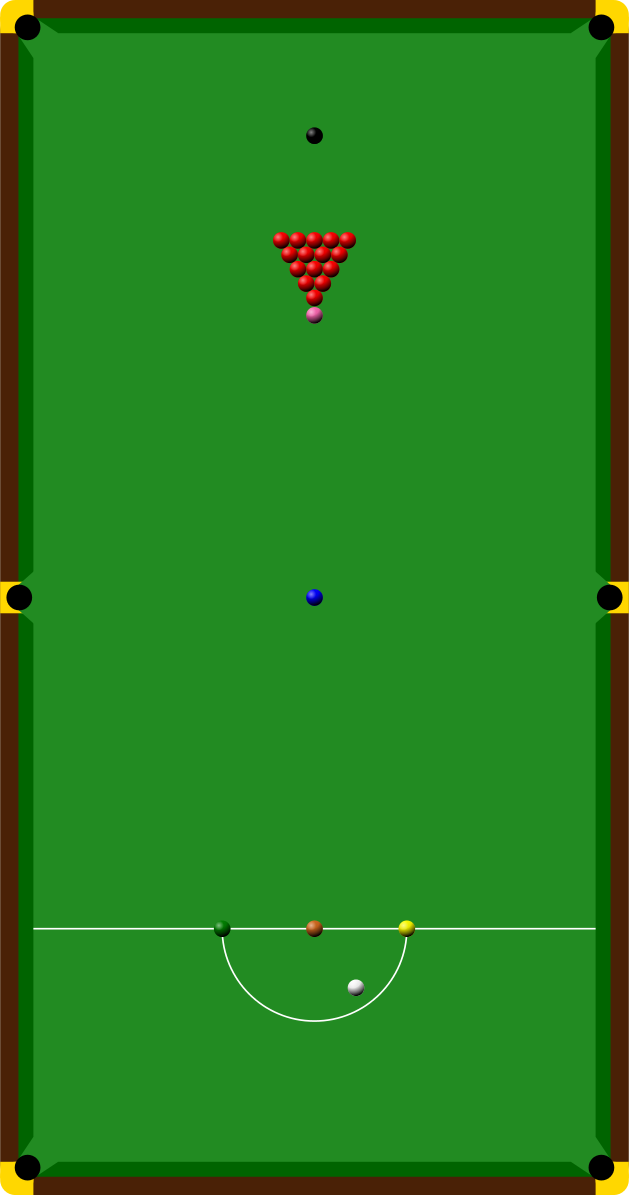By William Loughnan, Year 12
Kylian Mbappé’s transfer to Real Madrid in June 2024 was heralded as a monumental acquisition that would catapult the club to unparalleled heights. As the events of the 2024-2025 season unfolded, however, debates began to arise regarding his impact on the team. As some critics feel that Mbappé has been detrimental to the balance of Real Madrid, a closer look at his overall performance indicates that laying the club’s current challenges solely at his feet oversimplifies a much more complex situation.
Since arriving at Real Madrid, individual stats for Mbappé have really been great. Mbappé enjoys an average return of 0.58 goals per game-a value higher than all other prominent transfers to European football-which is serious, seasoned proof of consistent scoring from this player, standing for his personal return to the offense of his team.
Despite Mbappé’s individual prowess, Real Madrid has had various setbacks this season. One major setback was losing 5-2 to arch-rivals Barcelona in the most recent El Clásico. Some critics point to a lack of cohesion within the team rather than its individual performances as the cause for these issues. Sometimes in games, even Mbappé, so prolific, seemed in isolation as his style clashed with Real Madrid’s more traditional attacking style of play.
The arrival of a superstar like Mbappé usually changes the dynamics of the team. Players like Vinícius Jr. and Rodrygo, who had important attacking roles, now have to adjust to Mbappé. This adjustment period, while expected, has disrupted Real Madrid’s established rhythm. Some pundits also believe that the heavy financial investment in Mbappé may have constrained the club’s ability to address other pressing needs, such as bolstering their midfield or defensive depth.
This is now a chance for probably the most tactically flexible manager in the game, Carlo Ancelotti, to somehow fit him into his Real Madrid system. As talented as he is, Mbappé is a high-maintenance superstar, and Ancelotti will have to balance multiple superstars’ egos while keeping the team’s relationships on a good note.
Moreover, questions pop up as to whether Mbappé overshadows the growth of other players. Young talents like Jude Bellingham, who has had a great spell in a box-to-box role, might find it hard to share the limelight. These internal dynamics illustrate how managing a squad of elite players can be complex on many levels.
Mbappé’s arrival created some otherworldly expectations among Real Madrid fans. Some people thought that he would automatically win them the Champions League title or dominance in the domestic arena. Football, however, is a team sport, and individual brilliance cannot always overcome systemic weaknesses. The media has not helped in this regard, often framing any Real Madrid setback as a direct consequence of Mbappé’s involvement.
The weight of expectations has thus drawn debates on whether the pursuit was worth the disruption. Traditionally, Real Madrid has succeeded by balancing star power and a coherent team strategy. They might have overlooked that when racing for the signature of Mbappé.
Has Mbappé “ruined” Real Madrid? No. Undeniably, he has altered the team dynamic, but placing blame for every woe within the club would be unfair and a reduction. These struggles are the end product of changes tactically, with injuries contributing to this situation, as Real Madrid also faced an in-form La Liga and an ever-competitive Europe.
Mbappé remains one of the most gifted footballers in the world, and over time, he likely will find his position in Real Madrid’s system. Their ultimate success may hinge on how well issues going forward can be addressed by the coaching staff and management so that they put everyone involved, including Mbappé, in the right environment. The Mbappé story is far from over at Real Madrid, and with a bit of patience, player and club can achieve great things together.



